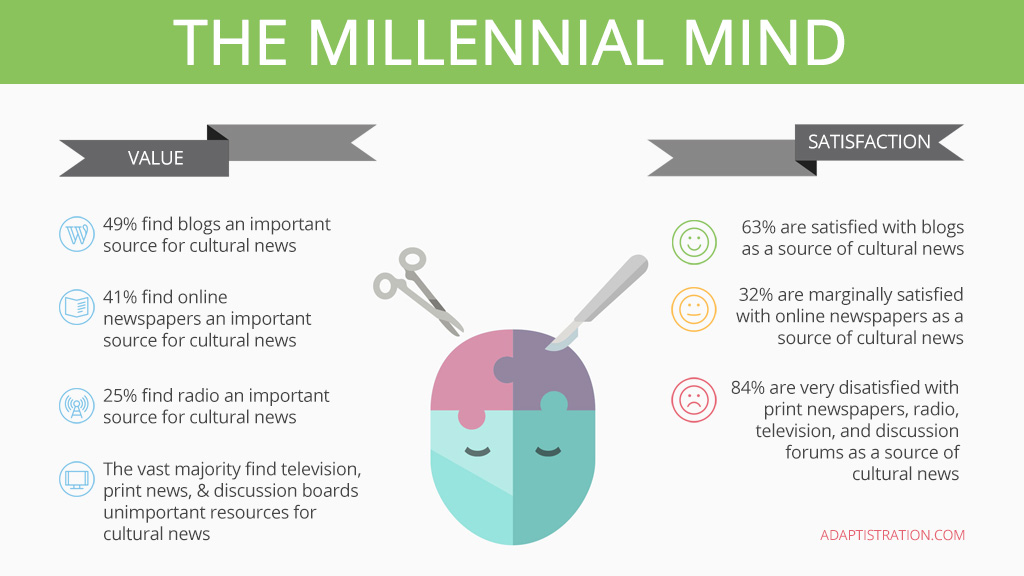The recent series of ongoing discussions about the concert experience among those who participate in the cultural blog world has generated a great deal of poignant observation. The majority of the discussions as of late have focused on whether or not he concert environment as it currently exists is everything it could be and what is an appropriate level of audience participation (if there is such a thing).
There’s certainly no shortage of opinion but there are some emerging trends which are, at the very least, thought provoking. One of those trends is the number of people speaking up who enjoy the existing concert experience. Although each orchestra produces a unique experience, there are many strong common characteristics which some patrons feel quite good about.
One such patron is Robert Berger from New Rochelle, New York.
“Hello Mr. McManus! In your latest post you discuss the alleged stuffiness at concerts today, describing them as “cold”, “sterile”, and” non-inclusive”. I could not disagree with you more. In all my years of concert going and participation in concerts as a horn player, I have never found these descriptions to be apt, and I am sure that many other concertgoers would agree with me.
Back in the 90s, when I was auditioning for the New York Philharmonic, I noticed prominently displayed letters which were on display. These were by concert-goers who wrote letters to then music director Kurt Masur saying how thoroughly they enjoyed concerts they had attended, describing in detail what they enjoyed about the concerts. It was obviously something the orchestra took great pride in.
If those concerts had been the kind of dreary affairs that you and others claim they often are, would those people even have bothered to write? I doubt it. And consider the enthusiasm with which many concerts are received, the cheers and bravos.
However, I am all for our orchestras experimenting with ways to bring new audiences to concerts, and trying to innovate, as long as the music is not dumbed down.”
Robert ended his observations with an insightful observation,
“It is not concerts themselves that need to change; what we need to do is debunk the myth that they are stuffy and boring.”
Robert touches on a relevant point with that final remark that can apply to just about anyone’s opinion of what is an ideal concert environment; that the current round of listeners need to help those less experienced with attending classical music to overcome many of the destructive stereotypes associated with classical music concerts.
Another reader, a professional violinist from a major western orchestra, offered his thoughts about whether or not changing when we applaud makes any difference in the applause already offered up at concert halls.
“A thought about applause. Why are we trying to encourage applause between movements when it has been established that applause in this country is gratuitous? However, people paid good money to be at the concert and the more decorum the better. Is it not better to be respectful of those around you than risk being out of place?”
He goes on to question whether or not the historical context of applause has any relevance for audiences today,
“The applause tradition seems to me to be like a dress code. On the surface it is stuffy and maybe a little silly but this is still serious music and a serious performance. Certain dress and certain behavior add to that effect. I also don’t care how the composer heard the music in his day, times have changed. There are probably no aspects of the 18th century that anyone in their right mind would want to go back to so why that? The piece is not over after the first movement, especially in a heavier work; ideally, it should be considered as a whole.”
Just like most people who think about this issue, the violinist also sees things from the other side of the stage via his own personal experience.
“I remember being surprised at my first jazz concert when the audience applauded after solos and drowned out the opening of the next soloist. This practice seems silly, elitist, and disrespectful to me, but that is just the way it is.”
All of these observations have merit in a multitude of aspects. It’s important to realize that there are positive features of the modern concert environment which need to be identified and maintained so that any changes don’t inadvertently “throw the baby out with the bathwater” so to speak.
The sheer variety of opinions illustrate that if any conscious changes to the concert environment are attempted, they need to come not merely from marketing research but from direct participation by those already actively involved in the concert experience; the ticket buyers and the musicians on stage.
Will someone discover a neat and tidy universal solution? I think it’s doubtful, but allowing a broader spectrum of input will allow each community to begin developing their own unique sense of what a concert experience should be to them.
I welcome the day when I can go to a concert venue in a town I’ve never been to before and feel “out of place”.


